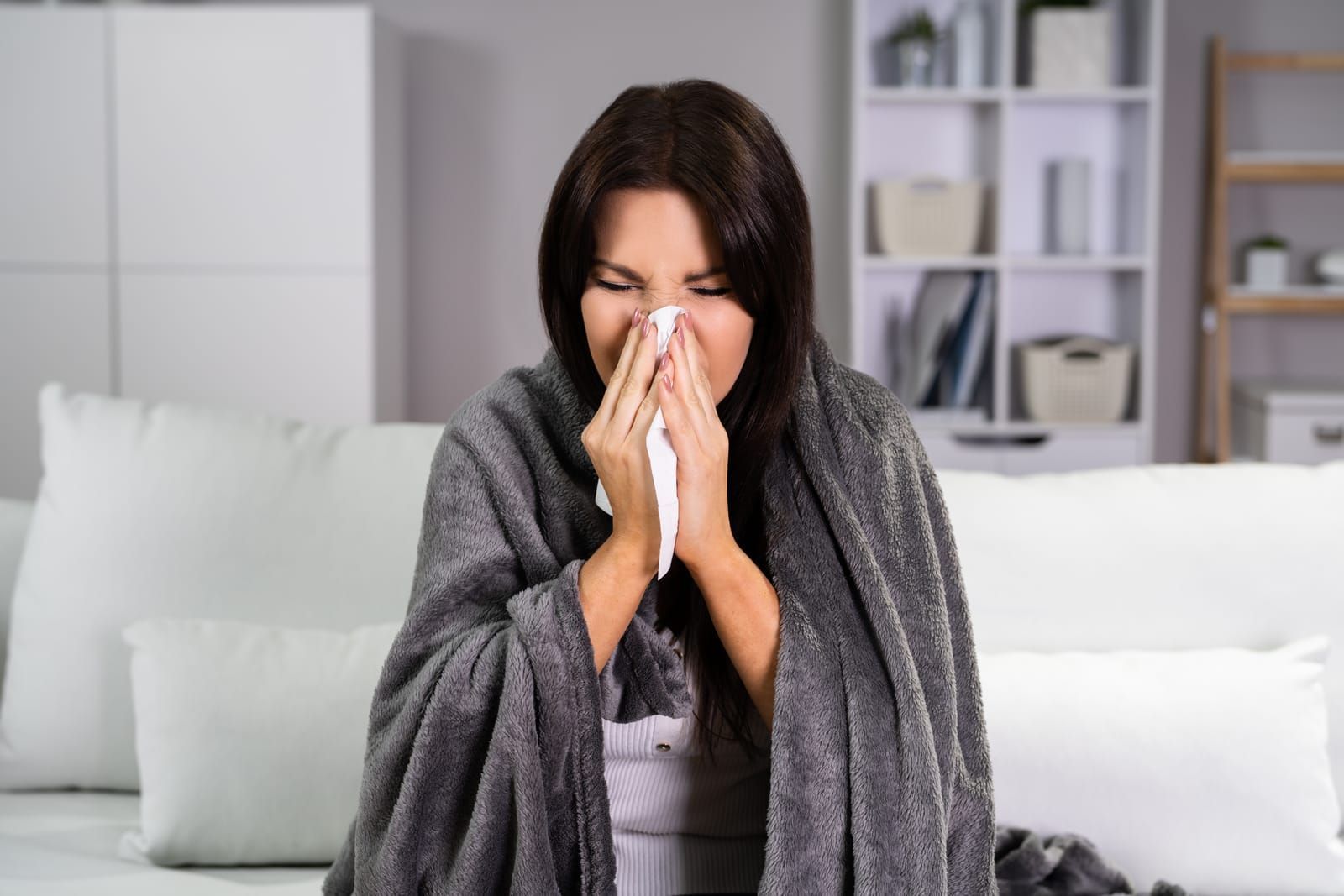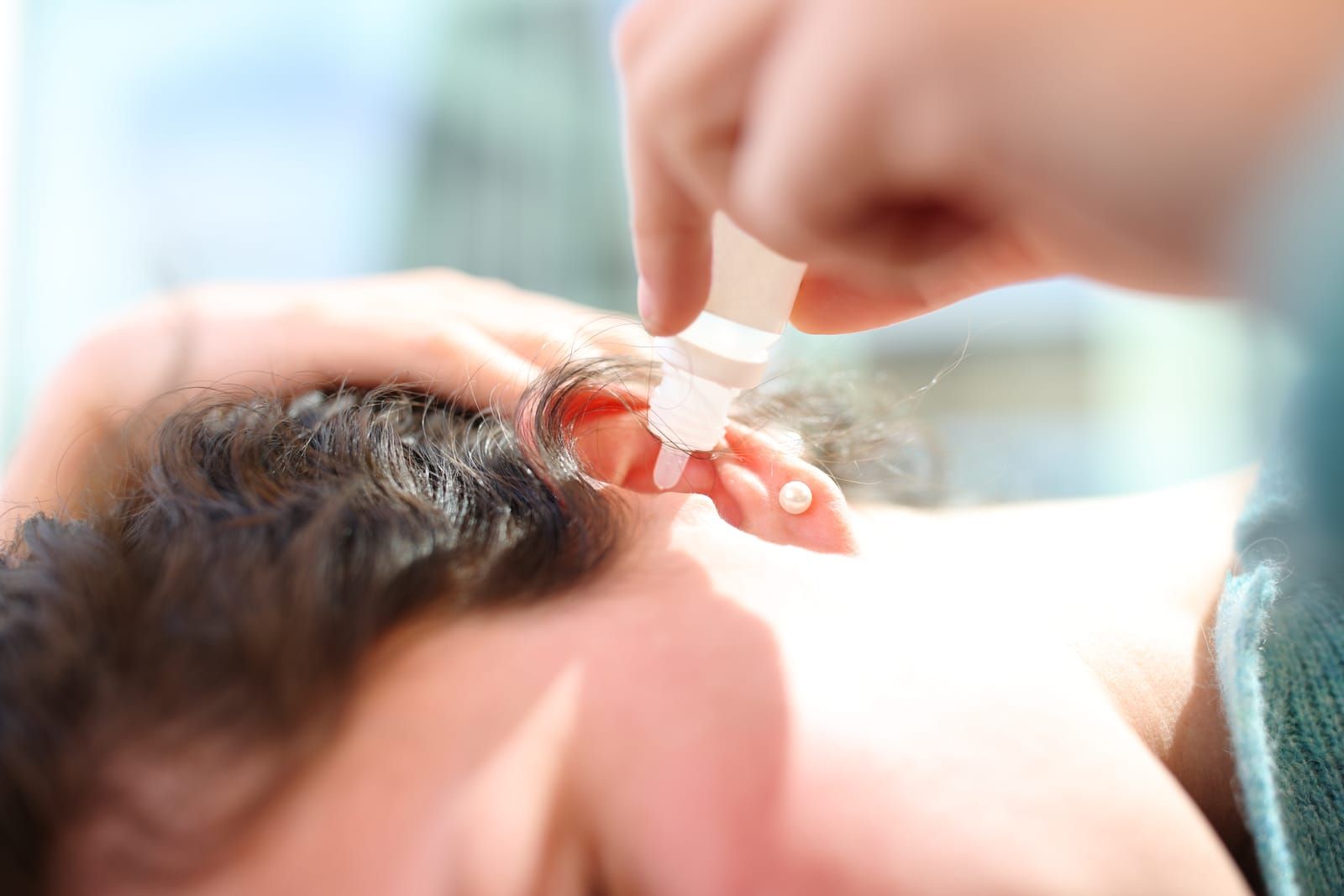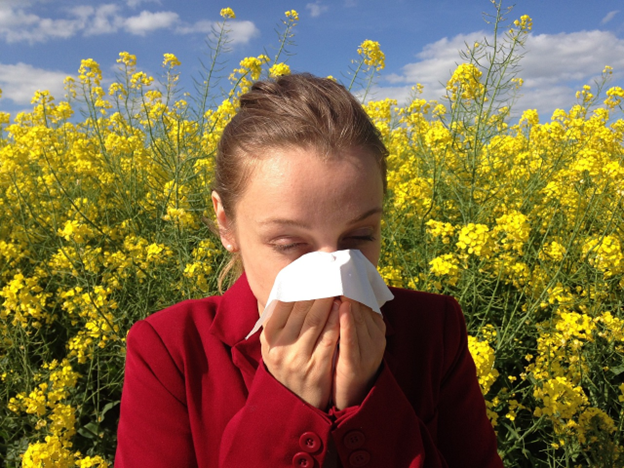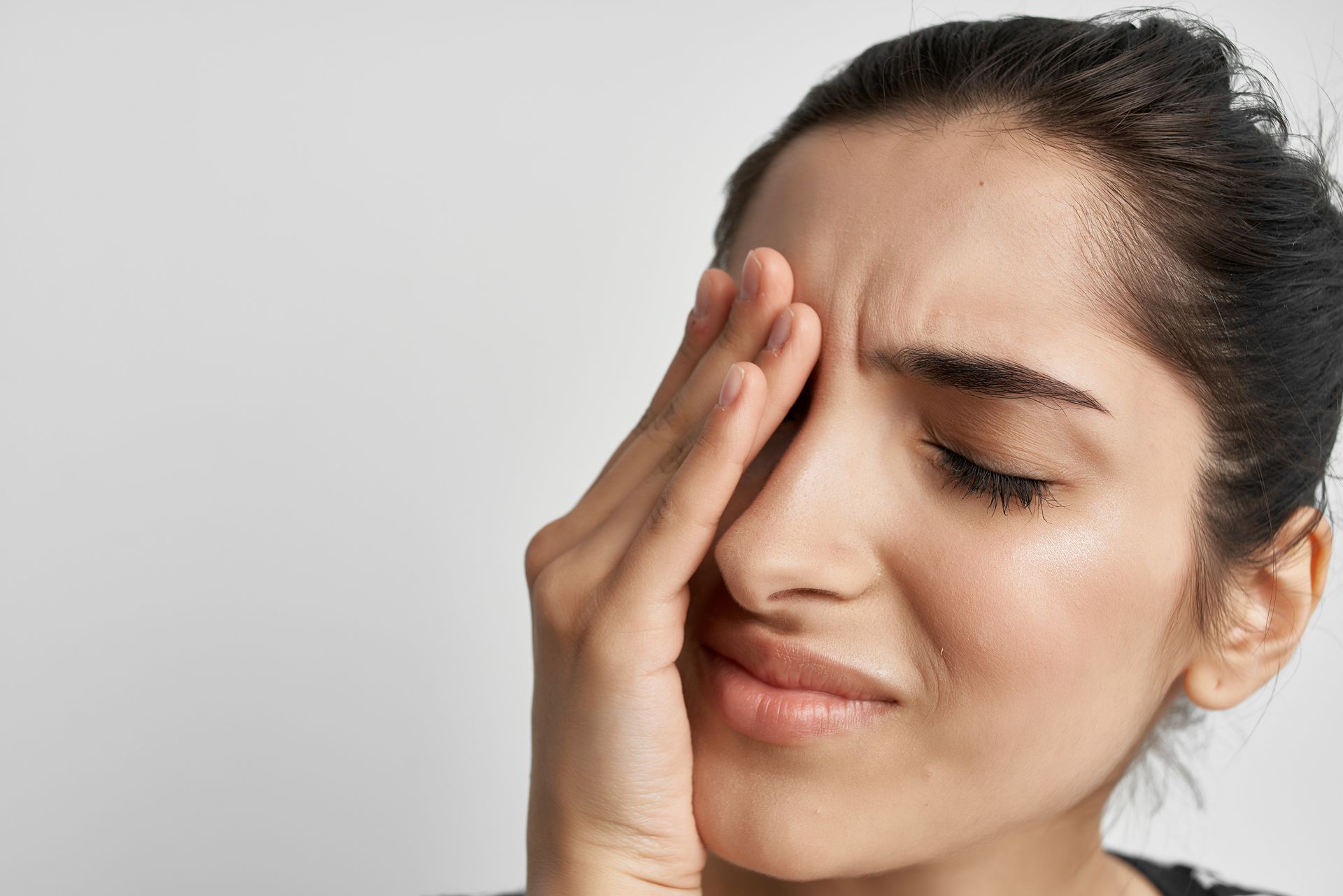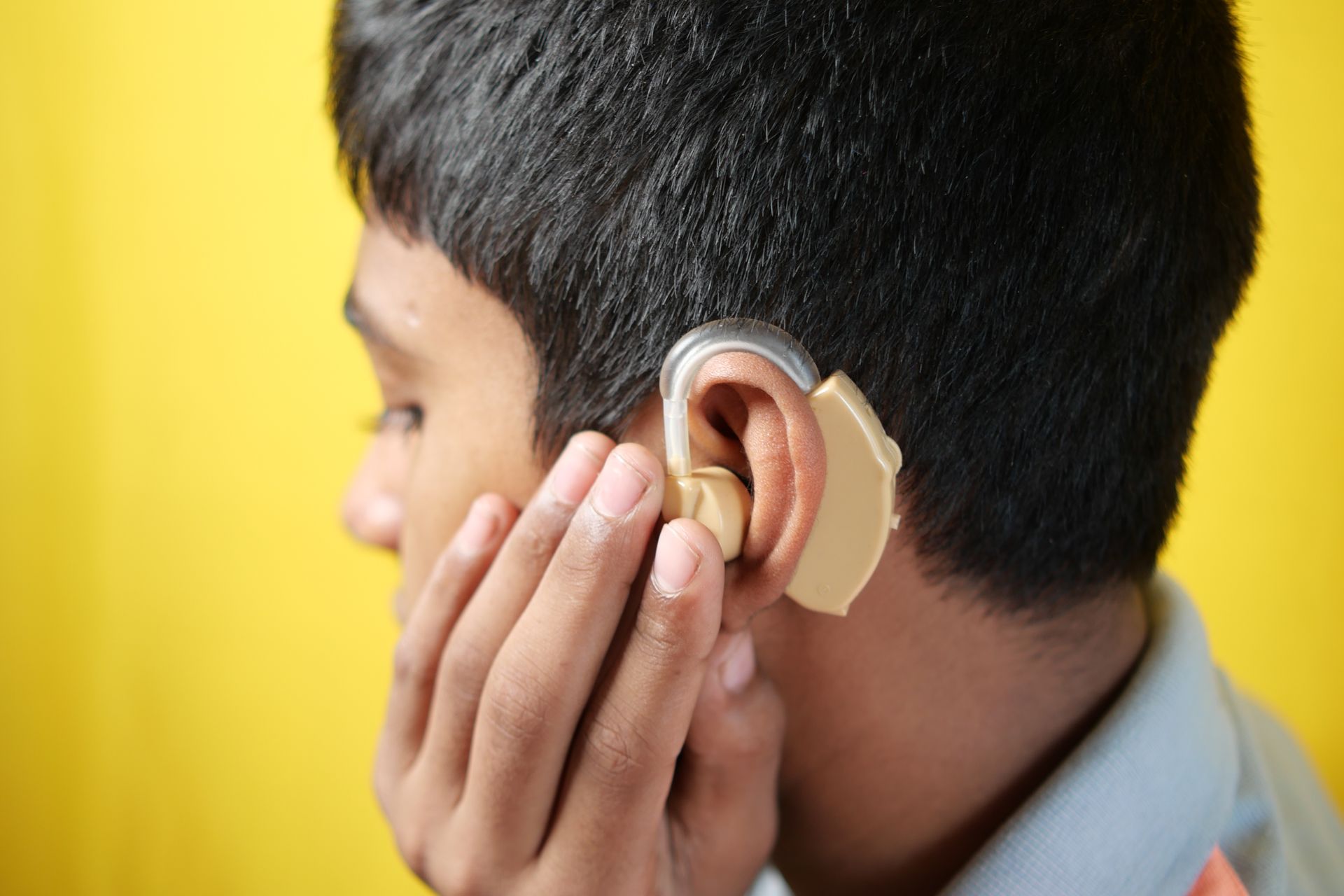How To Clear a Stuffed Nose
A stuffy nose, also known as nasal congestion, can be frustrating. It makes breathing difficult, disrupts sleep, and can even affect your sense of taste and smell. The good news is that there are various effective strategies to clear congestion and get back to breathing easily.
Causes of Stuffy Nose
Several factors can contribute to a stuffy nose, including:
- Common Cold or Flu: These viral infections irritate and inflame the lining of your nose, leading to excess mucus production and congestion.
- Allergies: When exposed to allergens like pollen, dust mites, or pet dander, your immune system releases chemicals that trigger inflammation and mucus production in your nose.
- Sinusitis: Inflammation of the sinuses, the hollow spaces around your face, can cause facial pain and pressure, along with a stuffy nose.
- Dry Air: This can dry out the mucus membranes in your nose, making them thicker and harder to clear.
- Certain Medications: Some medications, like decongestant nasal sprays, can cause a rebound effect of congestion if used for too long.
Effective Remedies for a Stuffy Nose
Drinking plenty of fluids, such as water, broth, or warm herbal tea, thins mucus and makes it easier to clear. When congested, you should aim for eight glasses of fluid per day or more. Here are a few other practical steps you can take to relieve a stuffy nose and promote drainage:
Steam Therapy
Inhaling warm, moist air can loosen mucus and soothe a dry, irritated nose. Take a hot shower, breathe over a bowl of hot water with a towel over your head, or use a cool-mist humidifier.
Saline Irrigation
This involves flushing your nasal passages with a saltwater solution using a neti pot or bulb syringe. The saline solution helps thin mucus, clear allergens, and reduce inflammation.
Warm Compress
Apply a warm compress to your forehead or the bridge of your nose. The warmth can help ease sinus pressure and discomfort.
Elevate Your Head
Keeping your head elevated can help reduce nasal congestion, especially while sleeping. Use an extra pillow to prop up your head. This position allows mucus to drain rather than build up in your nasal passages.
Practice Good Hygiene
Regular hand washing and avoiding close contact with sick individuals can prevent the spread of colds and infections that cause nasal congestion. Good hygiene practices are important for maintaining overall health.
Consider a Nasal Strip
Nasal strips are adhesive bands that you place on your nose. They work by physically opening your nasal passages, making it easier to breathe. These can be particularly helpful at night.
Over-the-Counter Relief Options
Several over-the-counter medications can provide temporary relief from nasal congestion.
Decongestants
These medications shrink swollen blood vessels in your nose, making it easier to breathe. However, decongestants should not be used for more than a few days at a time, as they can cause rebound congestion.
Antihistamines
If allergies are contributing to your stuffy nose, antihistamines can help block the release of histamine, a chemical that triggers allergy symptoms.
Seek Medical Advice
If your stuffy nose persists for more than a week or is accompanied by severe symptoms like a high fever or intense sinus pain, seek medical advice. Persistent congestion may be a sign of a more serious condition that requires professional treatment.
Struggling with a stubborn, stuffy nose that disrupts your daily life? Our experienced ENT specialists at ENT Medical and Surgical Group can diagnose the cause of your congestion and recommend personalized treatment options to get you breathing freely again. Schedule an appointment and experience the difference that expert care can make.
